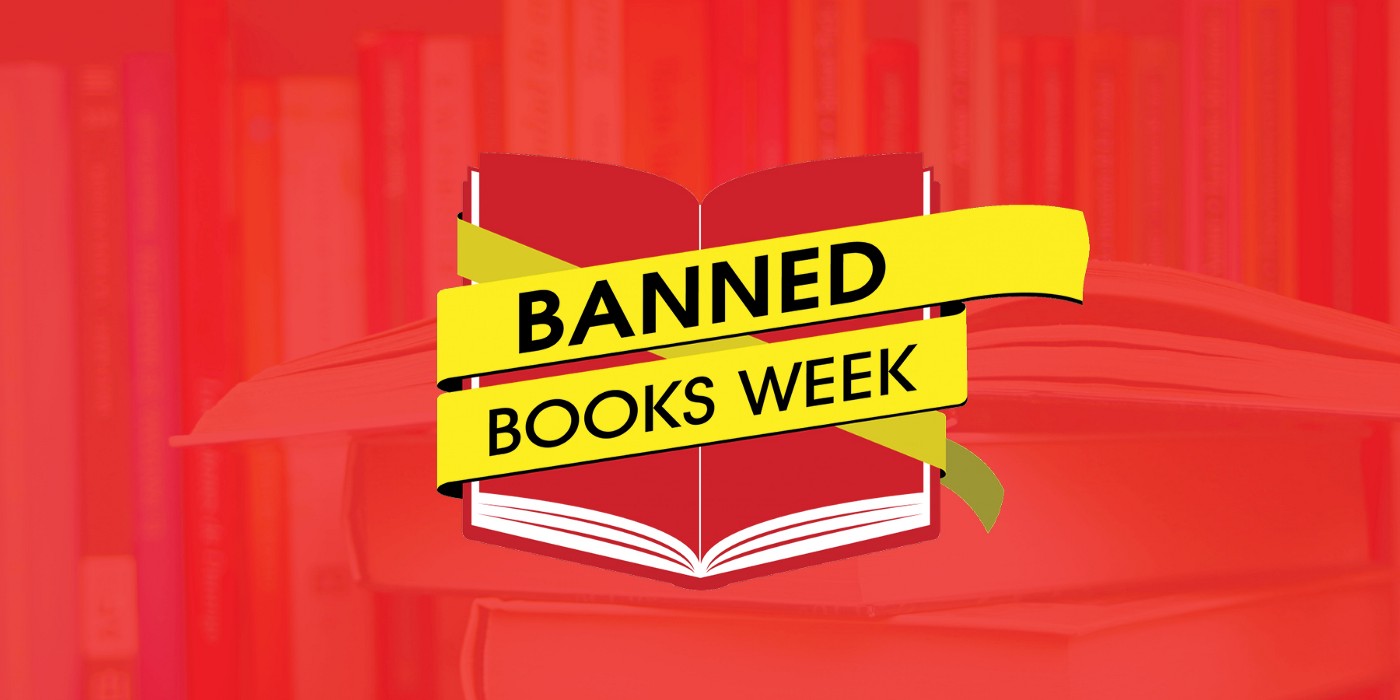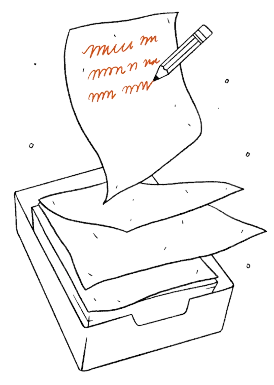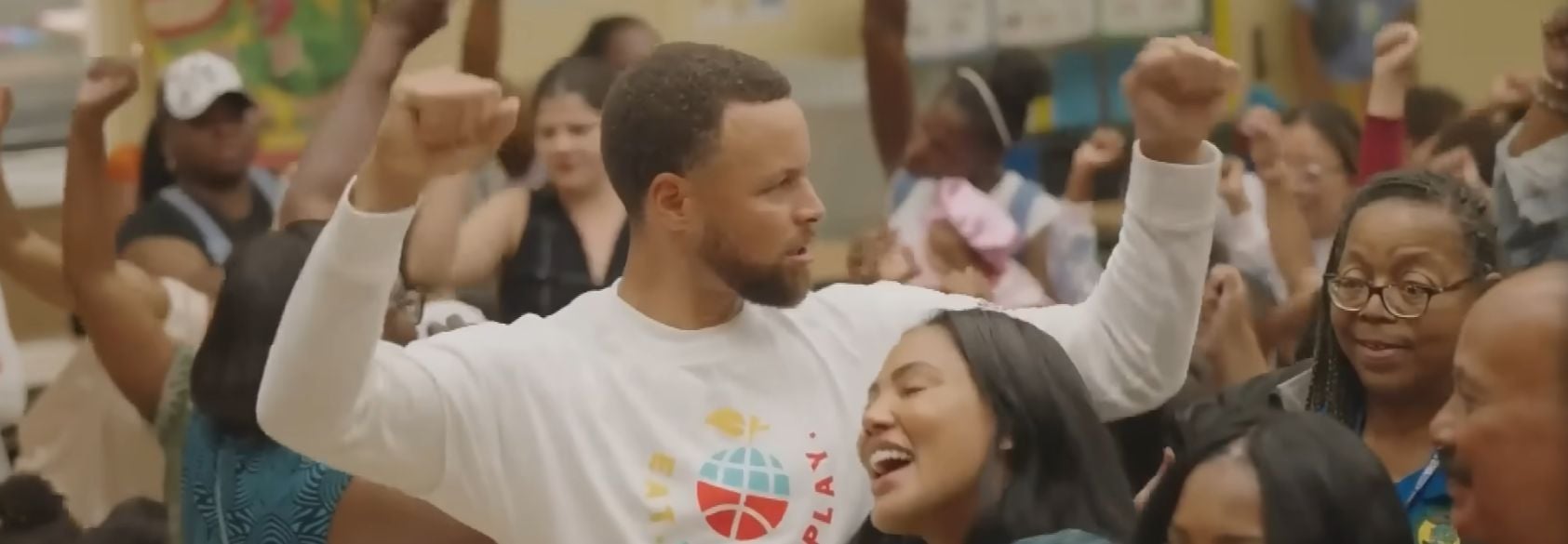It is Banned Books Week (Sept. 18–24 this year), and arguably, there has not been a more appropriate time to celebrate the freedom to read. According to its official website, Banned Books Week began in 1982 as a response to a sudden uptick in the number of books being challenged and banned from schools, bookstores and libraries. Unfortunately, those bans and challenges are not just a thing of the past.
The Laws of the Land
As of September 2022, extremist politicians in at least 20 states across the nation have introduced laws meant to ban age-appropriate in-school discussions about gender identity. Additionally, 36 states have moved to ban in-school discussion of race and racism (and its effects in the United States, past and present) and current events, using “critical race theory” as a catchall false flag. And where they have passed, educators are being threatened with termination if they do not comply. Florida’s Stop WOKE Act even restricts conversations about race and gender in college and university classrooms. The majority of the bans on these discussions were a direct response to the countrywide outpouring of grief and criticism after the 2020 murder of George Floyd at the hands of police in Minneapolis. In the wake of these laws — both passed and proposed — books on sexual identity, gender identity and racial identity have been challenged, banned and taken off school shelves.
At a minimum, laws limiting or banning the teaching of the reality of people’s identities are harmful and dehumanizing for those people, especially when they are part of marginalized groups. Teachers are being demonized and accused of indoctrination for simply trying to do their jobs and teach facts and accurate history; they stand to lose their jobs should they decide to teach the truth. Along with the pandemic and decades of disinvestment in public schools, this is yet another complication for educators, making their already challenging jobs even more difficult.
Books for All
Reading is a foundational skill that is critical to our kids’ future learning and the ability to exercise our democratic freedoms. Government and local school boards shouldn’t be censoring what public schools can offer on their shelves. Parents make decisions for their own kids, and particularly in our public schools and libraries, we need to protect young people’s access to books. Books can give our students a more comprehensive view of our massive world, much of which they may never see. Books take readers to both real and fictional places and help develop their imaginations. It is imperative that people — especially children — have free and open access to different people, cultures, identities and perspectives to become critical thinkers. That’s why access to books is so essential. So while a small group of right-wing extremists decide what other people’s children can and can’t read, the AFT is giving books away.
Through our Reading Opens the World campaign, we have committed to give 1 million free books to students in need. We are focusing on:
- Giving teachers and school staff the tools and professional development that translate the science of reading into usable resources to help students read and read well.
- Giving parents and caregivers fun and research-based tips and tools to support literacy.
- Building on and forging new connections among families, communities, educators and schools to be partners in students’ literacy.
- Giving children and young people free books to read, love and keep, because … Reading Opens the World!
To find out more about the AFT’s Reading Opens the World campaign and see our progress as we travel the country distributing free books, click here.
During this year’s Banned Books Week, the AFT is doing our part to make sure everyone knows the importance of books and reading, and the damage that censorship is doing and will do on our communities. Books unite us, censorship divides us. Be sure to share this blog post before Banned Books Week ends!
Republished with permission from AFT Voices.
More Resources: Diverse Books for Prek-12 Students











